By Dr. Obinna Ebirim, Senior Advocacy Officer, Niyel
DAKAR, SenegaI, 21 October 2022 -/African Media Agency (AMA)/- In March 2022, Australia’s total population was approximately 25 million. This figure is the same number of children who are at risk of death from vaccine-preventable diseases in 2021. Between 2019 and 2020 the number of unvaccinated children due to missed vaccine doses in routine immunization services rose by a whopping 8 million, while zero-dose cases rose by 5 million. According to a recent report by the World Health Organization (WHO) and UNICEF on global vaccine coverage, this is the largest sustained drop in the number of vaccinated children in about three decades.
Join our WhatsApp ChannelThis decline was due to several reasons, key among them increased misinformation, growing distrust in vaccines and immunization, service and supply chain disruptions, all due to the COVID-19 pandemic. An increased number of children living in security-compromised communities with limited access to vaccines has also been a contributing factor to this downward trend in vaccinations among children. Another concern is the observed regional imbalance in the number of unvaccinated children. There are more unvaccinated children in the African region than in any other region of the world. In 2020, the number of unvaccinated children in Africa rose from 7.1 million to 7.7 million. This figure, according to a report by United States Centres for Disease Control and Prevention (CDC), is a 3.6 million gap above all other regions across the world.
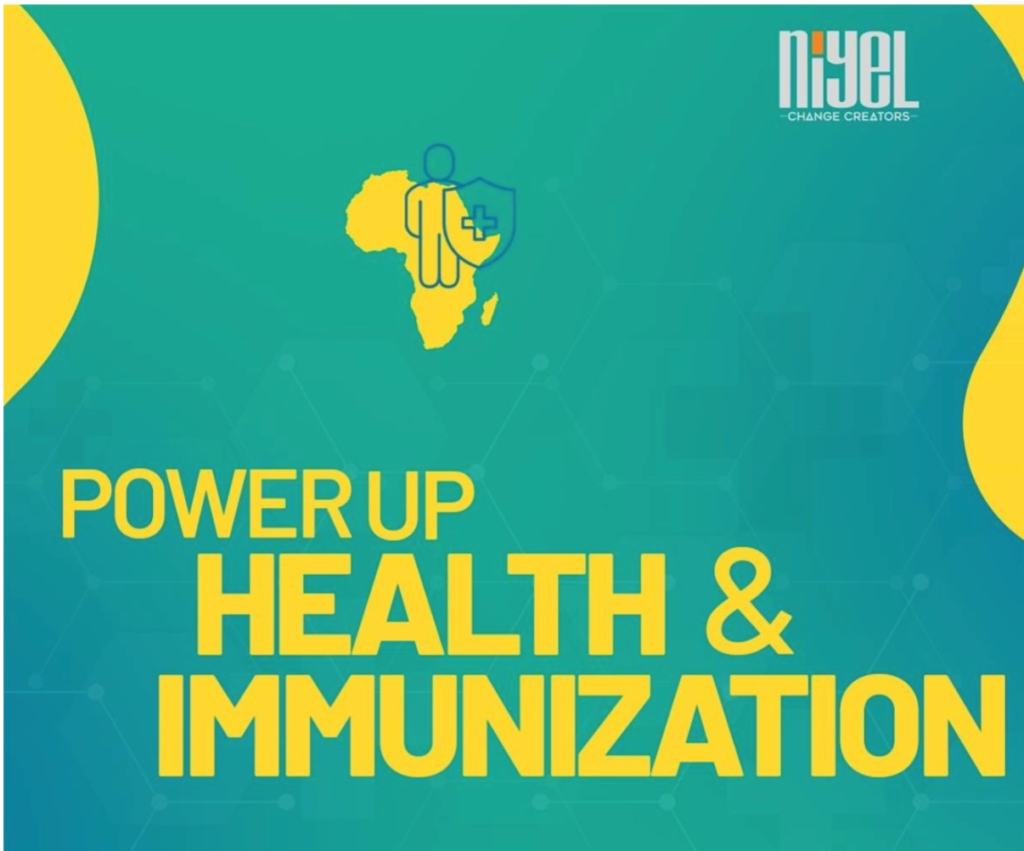
How has the COVID-19 pandemic and increased misinformation led to more children not being vaccinated? There are many explanations, but one reason is the widespread misinformation during the COVID-19 pandemic which worsened existing anti-vaccine sentiments, making it one of the leading causes for the decline in the number of fully unvaccinated children. Although the development of the COVID-19 vaccines happened at an unprecedented pace, and despite rigorous testing, proven safety and effectiveness, false rumours about the vaccine such as the fact that it supposedly contains magnetic microchips and is able to alter the DNA of recipients persists.
A case in point takes us back to 2003 in Nigeria where a rumour that vaccines contained anti-fertility and HIV/AIDS-causing materials, resulted in political and religious leaders in Kano, Zamfara and Kaduna preventing their communities from getting vaccinated. This delayed the worldwide effort to eradicate polio. It took learning tours by a group of Nigerian officials, scientists and Islamic leaders to South Africa, Indonesia, and India to be convinced that the vaccine was not contaminated. Several community activities with influential high-profile individuals who were vocal against vaccinations had to be undertaken, together with an investigation by government committees, and purchase of vaccines from a trusted Muslim country for the people of northern Nigeria, who are predominantly Muslim, to resume vaccination.
Some of these solutions that worked about two decades ago in Nigeria can still work today. They align with ‘Immunization agenda 2030’, a call to action by WHO for strategies that are data guided, people-centred, country-owned and partnership based to help build trust in vaccines and immunization. This is exactly the kind of work Niyel, one of Africa’s leading advocacy, campaigns, and public affairs organization, is presently doing. Niyel’s flagship immunization project named “Power up Health and Immunization (PuHI)” seeks to build trust and confidence in vaccines and immunization by employing the strategies outlined by the WHO backed by learnings from COVID-19 inspired vaccine misinformation.
Niyel is doing this using well-respected, high-reach voices in select countries and regions in Africa. These voices come from a pool of Civil Society Organizations (CSOs), health workers, humourists, religious leaders, social media influencers and the traditional media (radio, TV, and newspaper). The PuHI project had developed the “Hello Doc” and “Allo Docteur” series; a six-episode English and French podcast dedicated to educating the public on the importance of vaccination and routine immunization in Africa. Due to the relatively low social media penetration statistics across Africa, which stands at 27% across the sub regions in Africa with a range of 56% penetration in Northern Africa to 8% in Central Africa, the “Hello Doc” and “Allo Docteur” podcast is being aired on radio stations in Democratic Republic of Congo (DRC), Nigeria and Burkina Faso, where radio remains one of the most accessible forms of media.
Additionally, immunization trivia games, myth buster pitching battles and why care conferences will also be carried out.
During the 2022 African Vaccination Week (AVW), Niyel partnered and supported other CSOs in Africa like Impact Driven Young Leaders Initiative and Care and Development Centre in Nigeria, Child Advocacy Forum in Sierra Leone, Concern Health Education Project in Ghana, Pull for Progress in Burkina Faso, and PROVARESSC in Cameroon, to help build vaccine and immunization trust and confidence across the African continent through media activations.
Niyel intends to provide this support to more Africa CSOs during more AVWs.
Just as the world would not stand by and watch the entire population of Australia perish, humanitarian and advocacy stakeholders must gather in solidarity to prevent 25 million children from dying of vaccine preventable diseases. While the COVID-19 pandemic has made this fight against non-vaccination even more difficult due to the rise in vaccine misinformation and mistrust, it gives agencies like Niyel, its partners and industry stakeholders a rare and unique opportunity to learn, unlearn, implement fresh ideas, and reinforce proven strategies to reverse this trend.
Distributed by African Media Agency on behalf of Niyel.
About Niyel
Founded in 2008, Niyel is an international advocacy and campaigning firm based in Dakar, Senegal. It works to promote public policies that are conducive to the development of all people, and to influence practices to ensure that as citizens, individuals, and communities, we understand the social, political, and cultural issues that affect our daily lives.
Media Contact:
letissia@africanmediaagency.com
Source : African Media Agency (AMA)

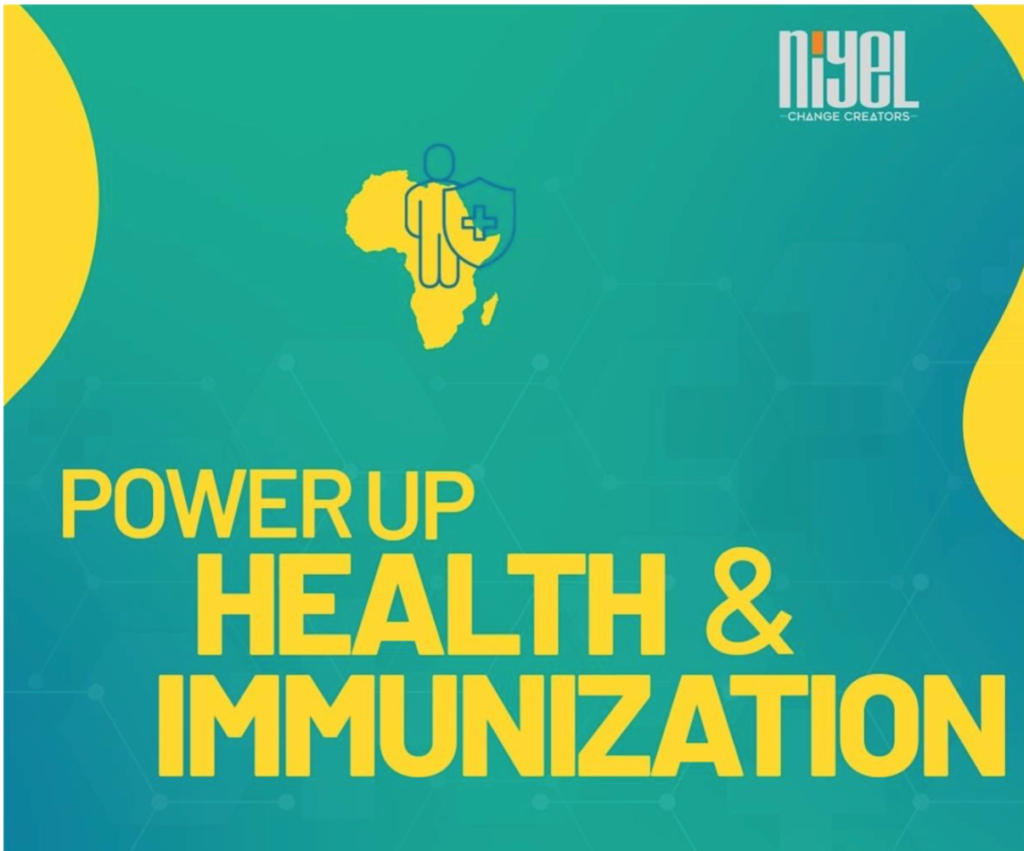



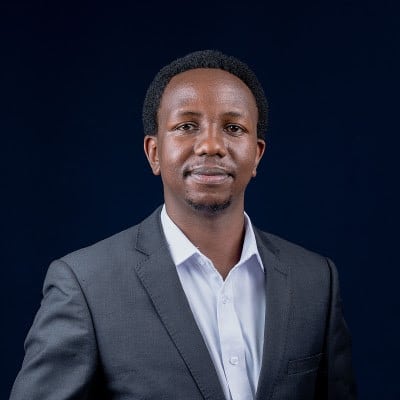







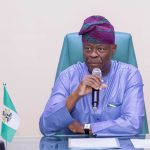


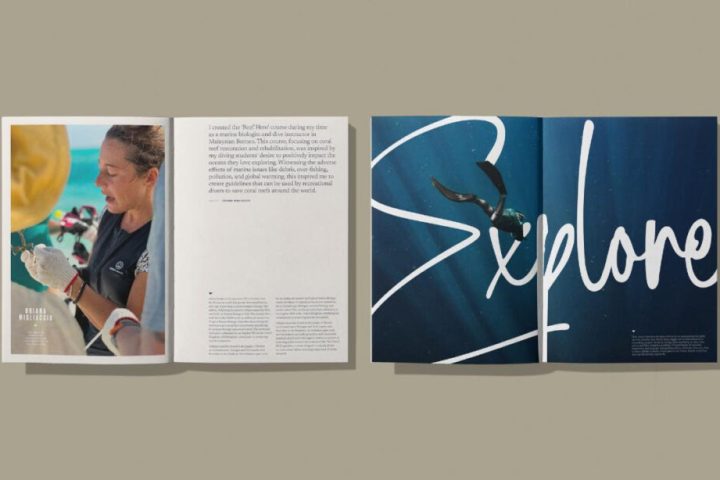
Follow Us